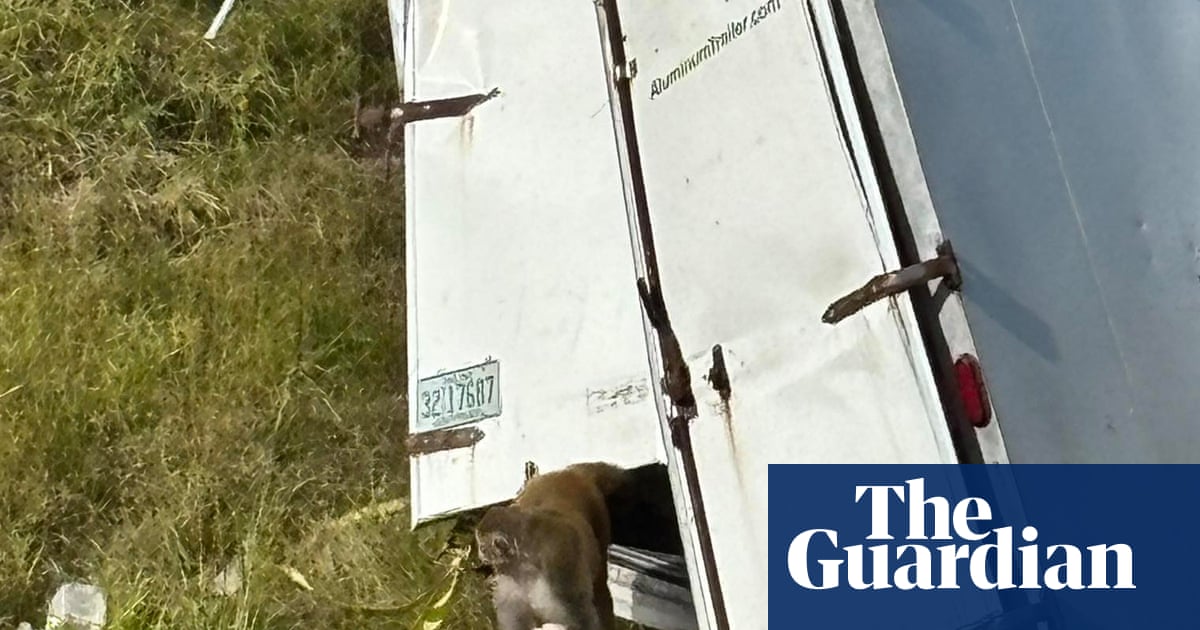Raisin is a Jamaican fruit bat who has defied the odds her entire life. Beginning her life as a pup in a lab, she’s now an elderly resident at Bat World Sanctuary, living out her retirement to the fullest.

Back in 2005, a research facility turned Raisin and several other bats over to the sanctuary. Though it’s unclear what they’d been through, sanctuary staff welcomed the former lab bats with open arms.
“We are always grateful when labs reach out to us to retire their bats so we can continue to give them a good home to live out the rest of their lives,” Amanda Lollar, president of Bat World Sanctuary, told The Dodo.
In the years since, Raisin has blossomed into a social fruit bat full of personality.

“She’s a little bit of a senior citizen at this point, but that certainly doesn’t slow her down at all,” Natalie Perez, vice president of Bat World Sanctuary, told The Dodo. “She gets very excited for both treat time and for sleep time.”
Raisin lives alongside other geriatric Jamaican fruit bats in an enclosure designed specifically for them. She can’t fly anymore, so food, water and enrichment toys are placed where she can easily reach them without flapping her wings.

At about 20 years old, Raisin is a shining example of what quality care and a nurturing environment can do for animals. In the wild, Jamaican fruit bats typically live for about a decade, though Lollar believes those numbers are likely outdated.
“We have had several species outlive what literature says,” Lollar said. “Free-tail bats are reported to live 10 to 12 years in the wild, but we have had one that lived to 15 and another to 18.”
In some labs, bats don’t fare as well. Lack of quality nutrition, social interaction and stressful environments take a toll over time.
Raisin, on the other hand, receives jojoba oil massages to keep her skin comfortable since she’s lost her fur with age. Regular vet checkups and arthritis medication make crawling easier. When she needs a rest, there are cozy hammocks in her enclosure.
“We try to let our bats just be bats,” Perez said. “We don’t really take our bats out and handle them … Raisin is a little bit of the exception to that because she is very social.”

If baby Raisin knew that one day she’d be two decades old, eating fresh papaya and bananas and snuggling with fellow fruit bats, she might not believe it. Thanks to her dedicated caregivers, this is her reality.
“Bats are living beings,” Bat World Sanctuary wrote on Facebook. “They deserve compassion, not cages.”
Source link


